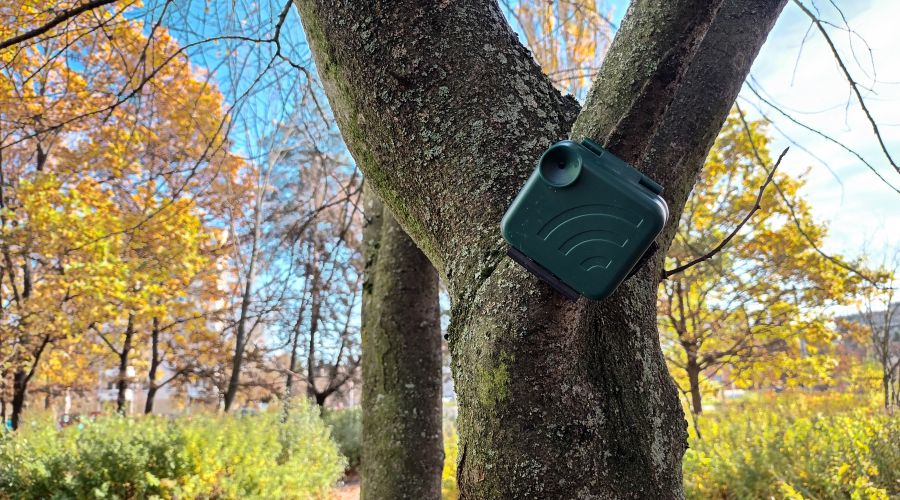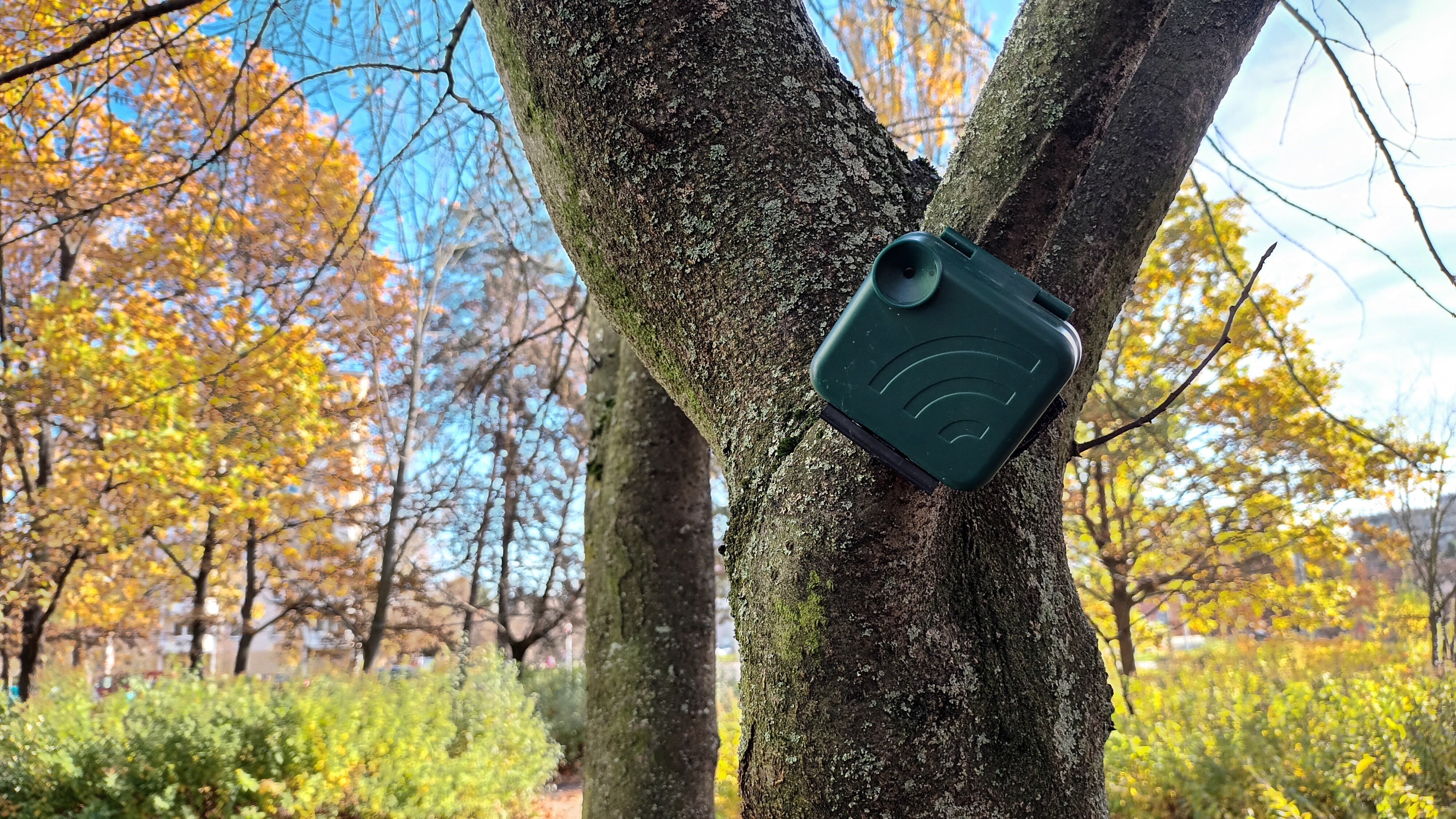Scientists from the University of South Bohemia will use artificial intelligence to study animal communication

A new prestigious European project called ‘Bioacoustic AI for wildlife protection’ (Bioacoustic AI), which starts today at the Faculty of Science of the University of South Bohemia and several other institutions in various European countries, will try to use information hidden in animal voices to monitor and protect wildlife with the help of artificial intelligence.
Machine learning, often referred to as ‘artificial intelligence,’ has already revolutionized the analysis of human speech. It can be assumed that the same will now be done for animal sounds and that artificial intelligence will allow us to peer into the mysterious world of animal communication and analyse their sounds on an unprecedented scale. The Bioacoustic AI project will look at this hot topic in the different groups of animals that make sounds – specifically the sounds of birds, bats, mammals and insects. In addition to the practical use of voices for monitoring, the project will also look at whether new machine-learning techniques can reveal unexpected details in the behaviour of these animals.
The EU-funded project is led by artificial intelligence researcher Dan Stowell from the Naturalis Biodiversity Center, a Dutch museum and biodiversity research centre. ‘Animal sounds can now be recorded well and cheaply. Moreover, the songs and calls contain a fascinating amount of detail. But modern artificial intelligence tools are mostly specialised in processing the sounds of only one species: humans. In this project, we will try to teach artificial intelligence to detect details about the animal species present and their behaviour,’ says project leader Dan Stowell.
In the Czech Republic, two future PhD students will be directly involved in the project under the supervision of Pavel Linhart from the University of South Bohemia and Tereza Petruskova from Charles University. The project will also include cooperation with AOPK, where further possibilities of using existing acoustic monitoring recordings and how to further improve the monitoring will be investigated.
‘We are involved in identifying animal specimens based on their voice. We are able to do this for many species of birds and mammals, but mainly on high-quality recordings from directional microphones. On recordings from autonomous recorders, where individuals can be barely audible, this can be a challenge. If we succeed, we will be able, for example, to better estimate the population size of a given animal or to observe in detail how individuals communicate with each other,’ says Pavel Linhart from the Faculty of Science of the University of South Bohemia.
The project involves a consortium of universities, businesses, non-profit and government organisations from eight European countries and brings together expertise in areas that do not often meet: ecology, animal behaviour, signal processing and machine learning. A total of 10 Ph.D. students will work on the project. The participants hope to solve problems and questions that could not be answered using more traditional methods. The new acoustic monitoring methods and their practical applicability will also be pilot-tested in national wildlife monitoring projects.
‘We want to tune in to a new channel through which we can better listen to the voice of nature,’ concludes project leader Dan Stowell.
Contact: Pavel Linhart, e-mail:
Project website: https://bioacousticai.eu/

Image description:
Programmable audio recorders such as this AudioMoth can record the sounds of animals at a site for many days. Artificial intelligence should allow for rapid analysis of these recordings to gain as much information as possible about the species present, their interactions, etc. (Photo by Lucie Hornátová).